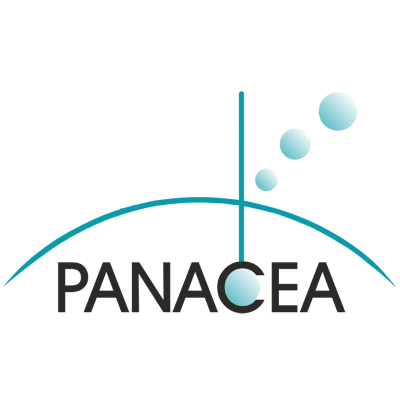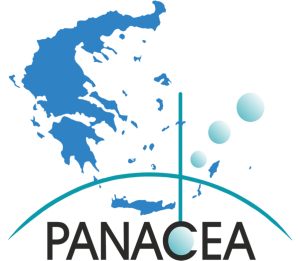During the “PANACEA Winter 2021-2022 Campaign” high resolution measurements of particulate and gaseous compounds related to wood burning will be performed at the city of Ioannina, Greece. The campaign is organized in the framework of the PANACEA Joint Research Activity 1 (Work Package 8) on “Atmospheric Pollution and Population Exposure”. This is a follow up of the “PANACEA WINTER 2020 Campaign” which was characterized by extremely high levels of particulate matter associated with wood burning tracers, the highest among the cities that were monitored all over Greece. The campaign is facilitated by the University of Ioannina, the local PANACEA partner, which also participates actively in the campaign, while the equipment for the in situ measurements will be located in the reference urban background site, at the southern part of the city, similar to the previous campaigns at Ioannina.
The scientific goal of the “PANACEA Winter 2021-2022 Campaign” focuses on the thorough characterization of wood-burning related compounds by using state of the art analytical techniques. Along this line, an ACSM analyzer (NOA/APCG), suitable for near real time monitoring of PM1 non-refractive species followed by targeted chemical speciation, will be deployed. Additionally, continuous monitoring of the levels of non-methane hydrocarbons will be performed with an automatic GC-FID system, also operated by NOA. The Climate & Atmosphere Research Centre (CARE-C) of the Cyprus Institute contributes to this campaign with a PTR-ToF-MS analyzer for the comprehensive characterization of the oxygenated volatile organic compounds. In the frame of the CLIMPACT National Flagship Initiative, monitoring of greenhouse gases (GHGs) will be held, as well as mobile mapping of the latter species along with black carbon. Characterization of the health relevant properties (ROS activity) of the wood burning particulate compounds will also be performed. Analysis of PM2.5 aerosol (collected on filters) for major chemical constituents (ions, metals, OC/EC) will be performed by the Environmental Chemical Processes Laboratory (ECPL) of the University of Crete, while analysis of indicative secondary organic aerosol species will be held by the National and Kapodistrian University of Athens and the Hellenic Center for Marine Research (HCMR). Finally, measurements of black carbon and its components related to traffic and wood burning will be additionally delivered at the city center to assess the spatial variability of the wood burning activity.
The campaign will take place from 6th of December 2021 to 10th of January 2022 (to be potentially extended upon findings).

